Fear of Missing Out (FOMO) and Kiasu
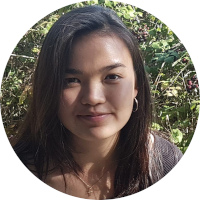 There’s a phrase in Singapore, where I grew up, which has come to describe an aspect of our national psyche – kiasu. The word literally translates to fear of losing, and has come to mean a fear of losing out. Kiasu behaviour is everywhere – people join the longest queues in hawker centres because they don’t want to miss out on the most delicious food, they enrol their children in multiple after-school tuition classes, and buy up all the toilet paper they can lay their hands on in a coronavirus-induced frenzy.
There’s a phrase in Singapore, where I grew up, which has come to describe an aspect of our national psyche – kiasu. The word literally translates to fear of losing, and has come to mean a fear of losing out. Kiasu behaviour is everywhere – people join the longest queues in hawker centres because they don’t want to miss out on the most delicious food, they enrol their children in multiple after-school tuition classes, and buy up all the toilet paper they can lay their hands on in a coronavirus-induced frenzy.
Being kiasu is rooted in a deep insecurity, a state of being which isn’t unique to Singapore. Facing uncertainty, our natural response is to grasp at things that will make us feel safer, better, and more successful. Instead of trusting that what we have is enough, we deem it necessary to take more and do more. We see this in Genesis, where a man and a woman look at the fruit of a tree they have been warned from and take it, not trusting that what they already had was enough. They are deceived by a heart-breaking lie: that God has not given us all we need to thrive.
That heart-breaking lie is the deadly rhythm beneath so much brokenness. We take more from the earth than it can give and exploit vast numbers of people, arguing that to do differently would sink our economies. It surfaces in the small things too. I remember packing multiple homemade snacks for a holiday once, worried that there wouldn’t be available food when I was moving from place to place. A few days into the holiday, I opened my snack stash and discovered that the snacks had gone bad and had to be thrown away. A seemingly small mistake, but when you realize that almost a billion hungry people could be fed on less than a quarter of the food wasted by the US, UK, and Europe [*], those small mistakes take on a catastrophic significance.
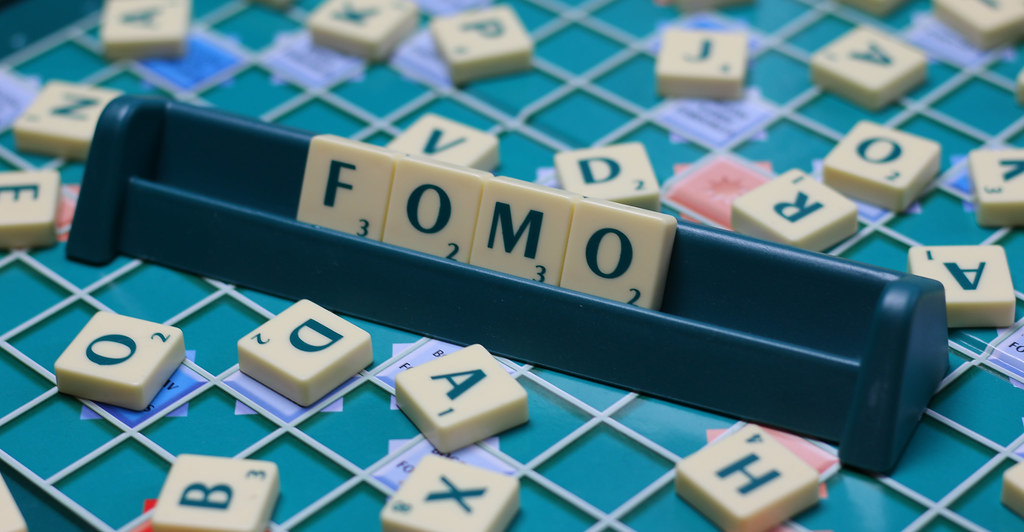
Jesus gave us a very different perspective, reminding us of the assurance we have in a generous God. Sitting on a mountainside, after travelling on foot with little knowledge of where he’d get his next meal, he said to those around him: ‘Do not worry about your life, as to what you will eat; nor for your body, as to what you will put on. For life is more than food, and the body more than clothing. Consider the ravens, for they neither sow nor reap; they have no storeroom nor barn, and yet God feeds them; how much more valuable you are than the birds!’ (Luke 12:22-24) He might as well have said ‘do not be kiasu’ – we do not need to strive for personal comfort and control, because a loving, providing God is in control.
When I think kiasu, I think of clenched hands, holding tight to something out of fear. When I think of a generous God, those hands open and I can lift them in worship, focusing on what God has given rather than what I don’t have. ‘Do not be afraid, little flock,’ Jesus says, ‘for your Father has chosen gladly to give you the kingdom.’ (Luke 12:32) As the recipients of God’s generosity, Jesus asks us to do a terrifying thing: ‘sell your possessions and give to the poor.’ (Luke 12:33) He asks us to give of ourselves to those with need, and to keep giving. The questions come immediately: ‘Jesus, I can’t. Jesus, you’re God, you don’t understand.’ But Jesus does understand. He grew up under military oppression, with debt and exploitation around him. He lived itinerantly, walking from place to place without a house to return to or job security. He understood pain, hunger, and persecution, but faced it with trust in a generous provider.
The radical giving Jesus asks of us can only be done with the assurance He promises – of a ‘treasure in heaven that will never fail, where no thief comes near and no moth destroys’ (Luke 12:33). To give with the assurance that we are cared for by a generous God is one way we experience and live out God’s kingdom.
Every Spring, many Singaporeans celebrate Chinese New Year. During Chinese New Year, older, married people give red packets of money to their children, the children of other families and younger, single people. You give without fear because you know you will be given to, and you have been given to in the past. We have that assurance in God, who gives his children good gifts. He has done before, and he will do again, and with that assurance, we can face the future without fear.
We are happy for our blogs to be used by third parties on condition that the author is cited and A Rocha International, arocha.org, is credited as the original source. We would be grateful if you could let us know if you have used our material, by emailing [email protected].

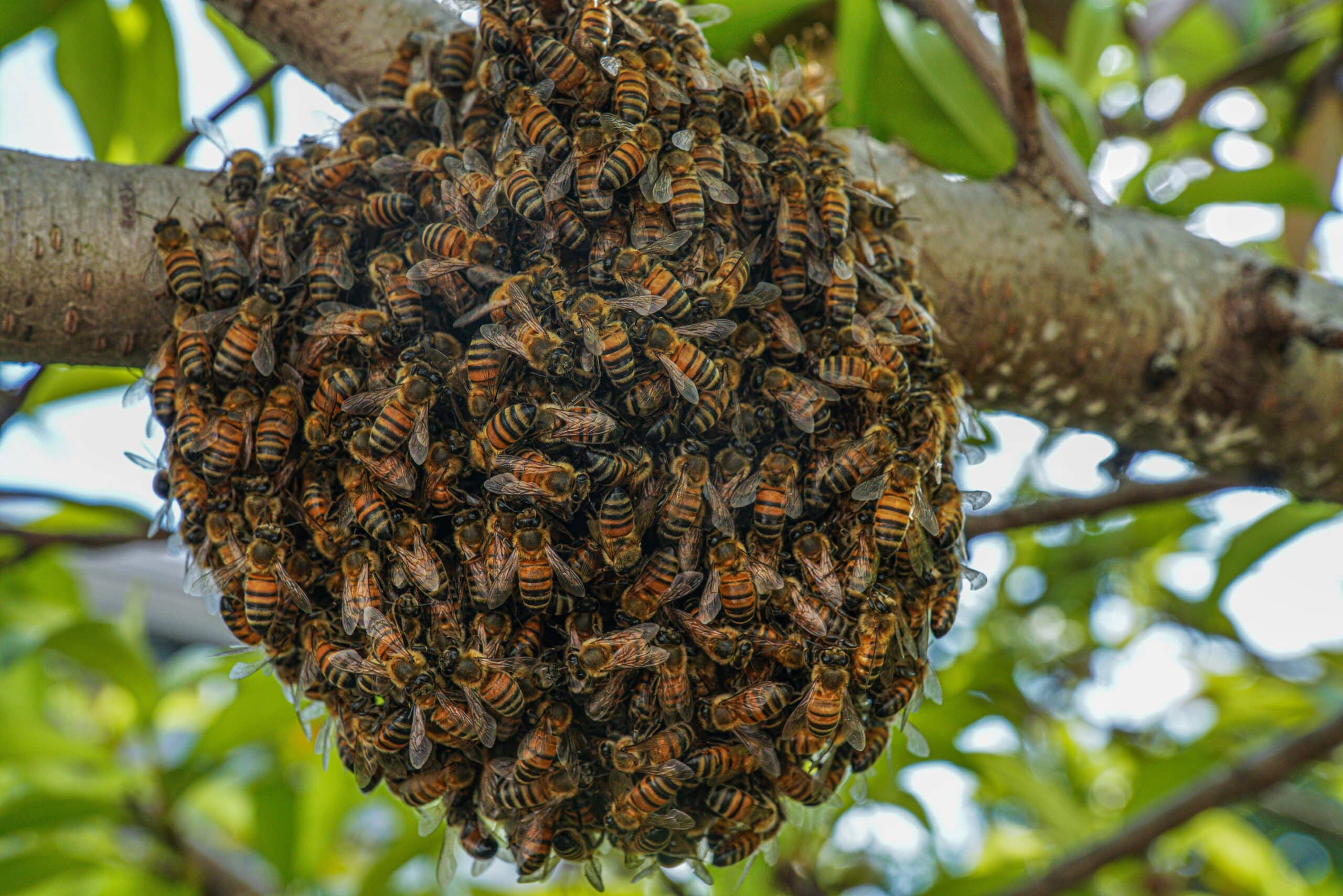
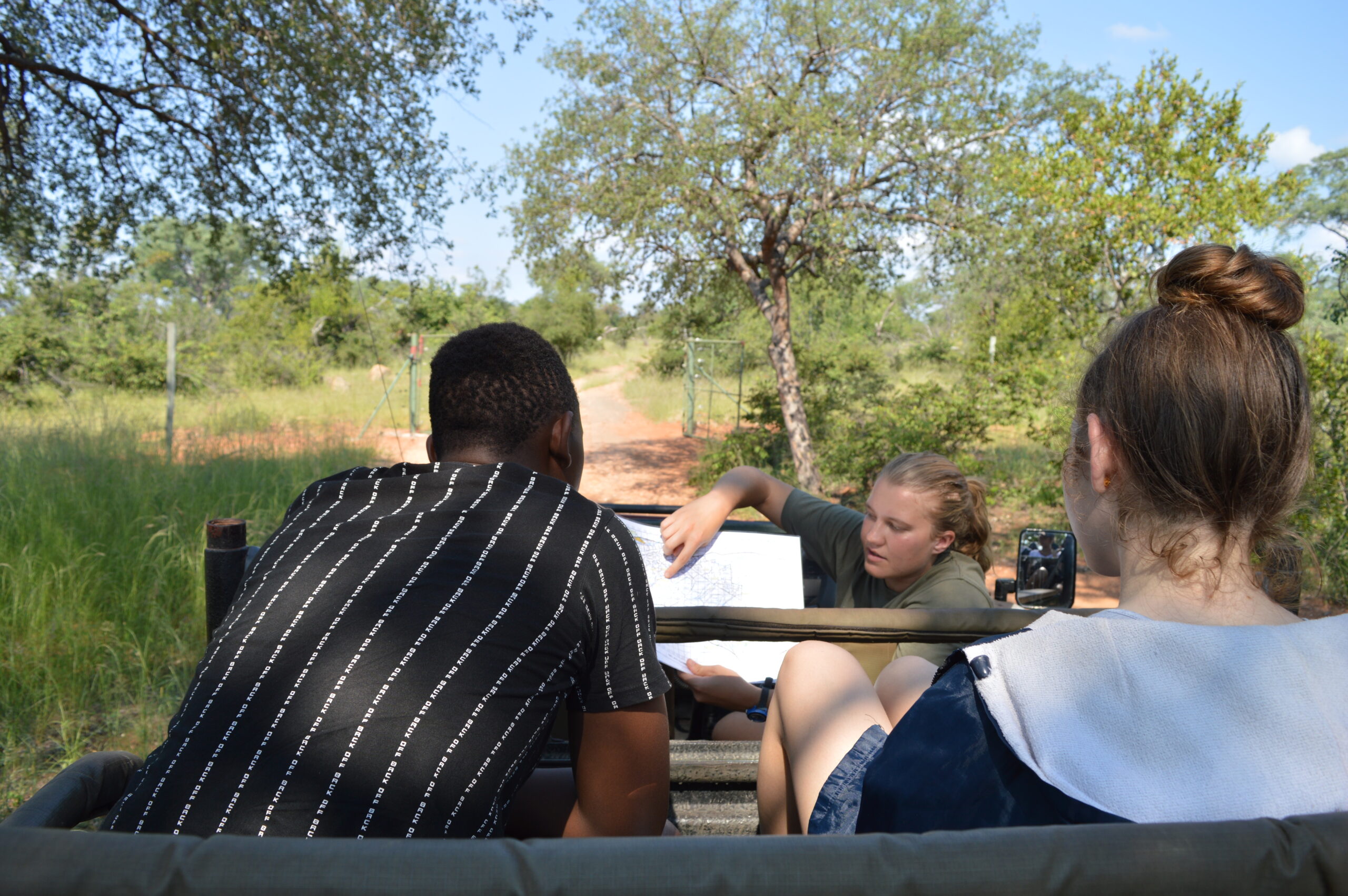
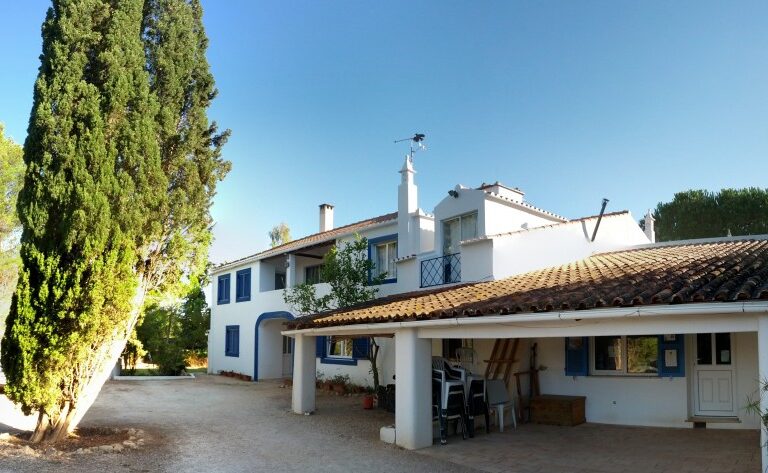
reassuring, and a big ocean of trust to jump into. I’m thinking.. what are we ‘missing out on’ by not living more at the edge? I once lived more this way, and it did have it’s spectacular happenstances.
Hi Merna, this is something I’ve been thinking about too! I think perhaps one thing we miss out on is creating space to recognise miracles and God’s loving provision. If we are so safe that we appear to lack nothing or have all the bases covered, we don’t see how God is giving us what we need in the same way that is so clear when we hold uncertainty and recognise that God could do anything!